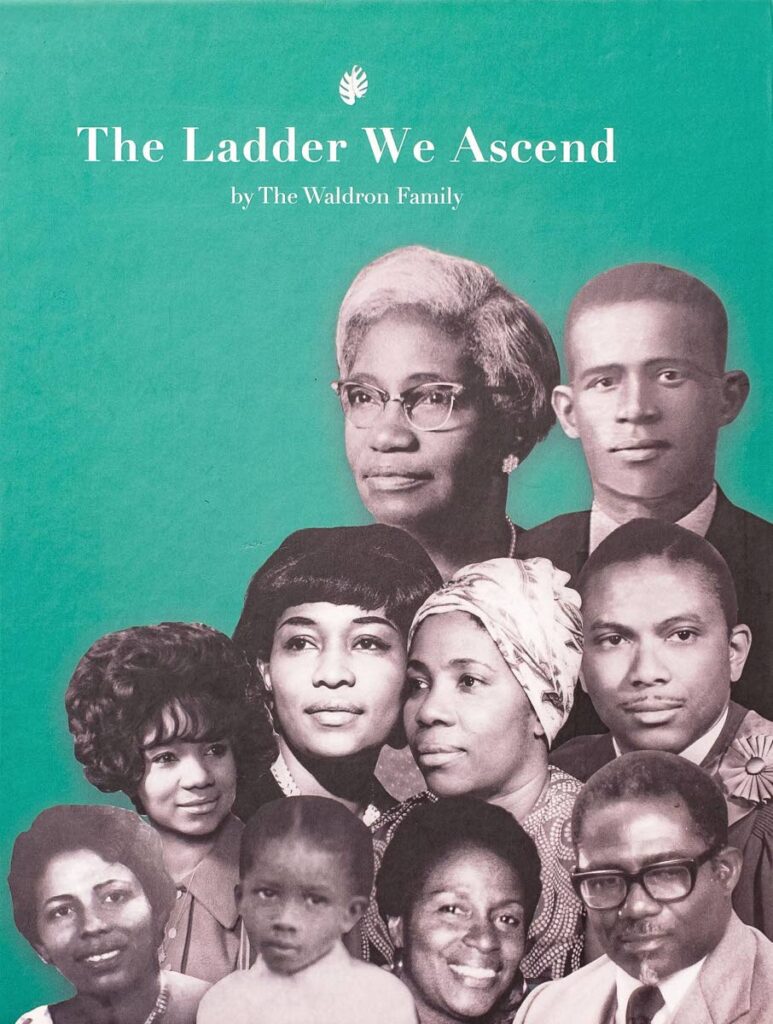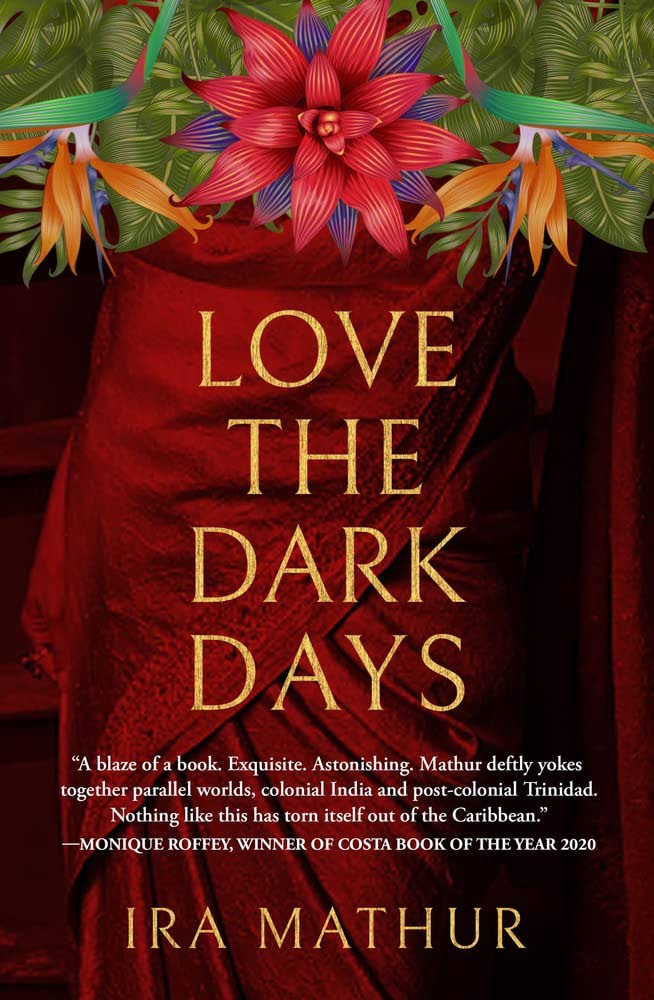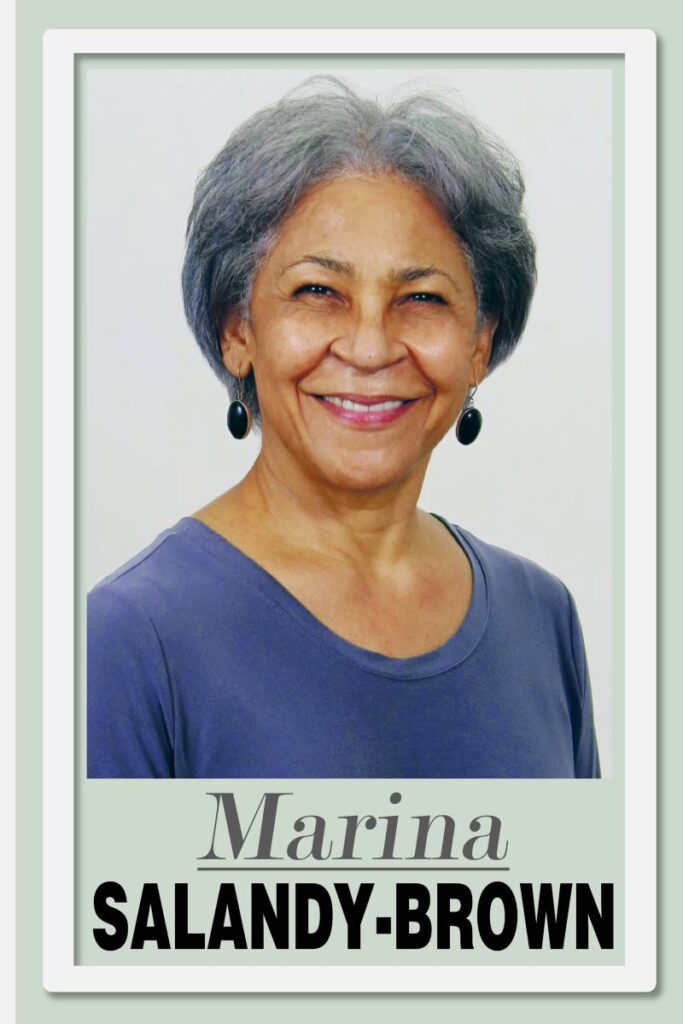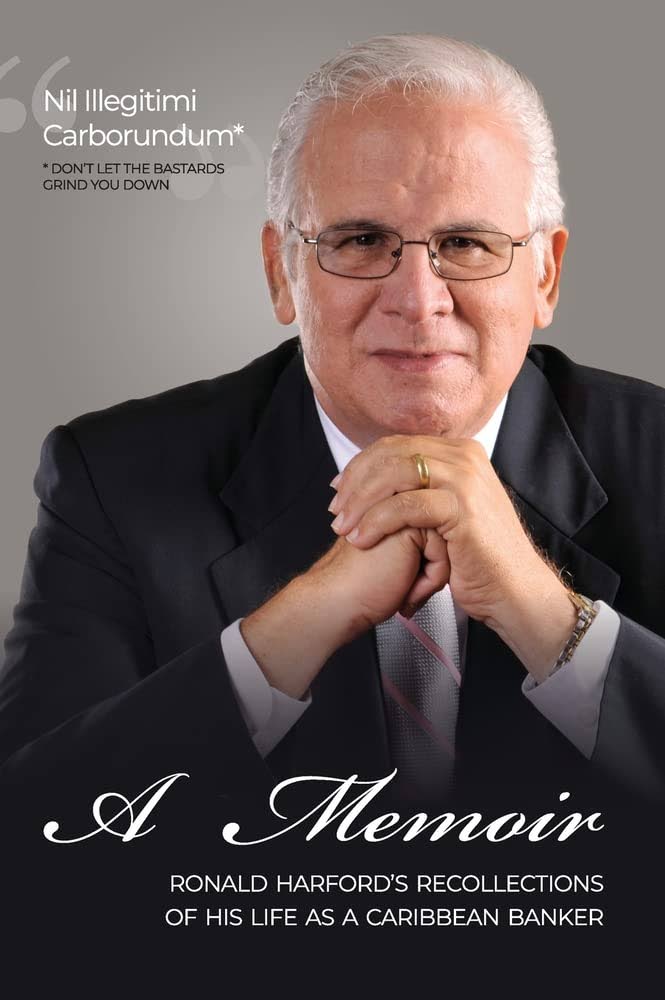Memories as stories

“The sharp pain knifed up my left side, sliced across my heart and, as I screamed, my chest seemed to blow apart. I bolted up from the bed feeling that I had been shot. And there, standing in the shadows, for the third time in a week, was a black-robed figure pointing a bony finger at me. It was death.”
Not all accounts of one’s life have such dramatic opening lines.
You could tell it was penned by someone used to writing for effect. The author of the arresting memoir was Gordon Parks, the illustrious and ground-breaking African-American photographer, film director, author of a dozen books of fiction, nonfiction and poetry, visual artist, librettist, choreographer and composer whose life journey took him from poverty in Kansas to enormous personal and creative triumphs in the US and abroad. He wrote four books covering his nine decades that included receiving over 50 honorary doctorates and awards, as well as the National Medal of Arts from the US president. He met most significant personae of the last century through his work and he immortalised them through his camera lens. The traumas of his own trajectory found their way into his other creations.

Four autobiographies would be impossible for most of us, but we could all possibly run to one. Our lives might seem small and insignificant but each life is extraordinary, no story the same. Even within one family the histories differ so much that it creates a puzzle which begs to be assembled. Putting the oddities of a simple life fictitiously together made Jane Austen a world-famous and enduring literary star, and many a literary career has been made by spilling the beans, whether about the writer’s own life or the life of others. Biography and autobiography are well developed genres, but about 20-30 years ago the term “life-writing” was coined to also include memoir – personal recollections, letters and journals. Even today’s social media snippets of oneself are part of the genre.

Every telling of a life story leaves much more to be said, which is why several titles exist about particular historical figures, and, after all, each life is worthy of another consideration. There is value in an author bringing his/her own interpretation to the subject, having studied what went before, and readers love it. Life writing is now so popular, you’d be forgiven for thinking that writing about yourself is easy.
Nothing could be farther from the truth. Nor is it easy to write about living people. Dead people make the least problematic subjects, although the biographer must still strive to be fair. Also, the best life writing draws upon recorded facts as much as emotional responses and insights into those events. Diary keeping and the archiving of notes and letters are manna for any life writer. I once attempted to start a biography of a well-known Trinidadian of advanced years but he had not kept any papers and remembered his life only in vignettes. How else does one make sense of a very long life, except by paragraphing it, unless, like Gordon Parks you have a huge body of very diverse creative output that demands a book each?
That being the case, it is quite amazing the growing number of books now emerging from our region that are accounts of the lives of individuals, families or communities. We are, obviously, excellent hoarders and lovers of a good challenge. There is no official data, but the increased number of nonfiction entries to the 2023 OCM Bocas Prize as well as the range of life-writing titles currently available in local bookshops offers some evidence of this trend. It is, therefore, no surprise that this year’s NGC Bocas Lit Fest is entitled What’s Your Story? and is giving major focus to life writing, with readings and discussions featuring a fascinating lineup of authors.

Seeing off this year’s many contenders to win the 2023 OCM Bocas Prize for nonfiction must be regarded as a special achievement. Ira Mathur, the well-known Trinidadian journalist, will discuss her hugely ambitious memoir, Love the Dark Days, alongside Brian Samuel, Grenadian author of Song for My Father, and Simone Dalton, Trinidad-born, North America-based winner of the 2020 RBC Taylor Emerging Writer Prize for nonfiction today, Sunday (April 30) at 11am. Also today, at 4.30 pm, author of Cockpit Stories (The Courage to Fly ) by the first female captain of TT’s national airline, Wendy Yawching, will sit alongside retired managing director of Republic Bank Ronald Harford (Nil Illegitimi Carborundum) and professional life coach Angela Laquis-Sobrian (Breaking Free: A Journey from Trauma to Empowerment) to exchange stories.
Some of the most engaging life stories deal with entire family histories and local communities that often reflect changes in society and offer unusual perspectives. Today, too, at 3 pm, Cheryl Bowles, founder of Cher-Mère, highlights shares her Waldron family achievements (The Ladder We Ascend), Beverly Scobie (Round About) talks about the Scobie family from 1819 to today and Dr Dylan Kerrigan puts a popular suburb under the microscope (Growing Up Woodbrook). The full programme for the 2023 NGC Bocas Lit Fest, which ends today, is online at www.bocaslitfest.com.
Marina Salandy-Brown is the founder and president of the Bocas Lit Fest and longstanding Newsday columnist. Her column will return on June 4.

Comments
"Memories as stories"